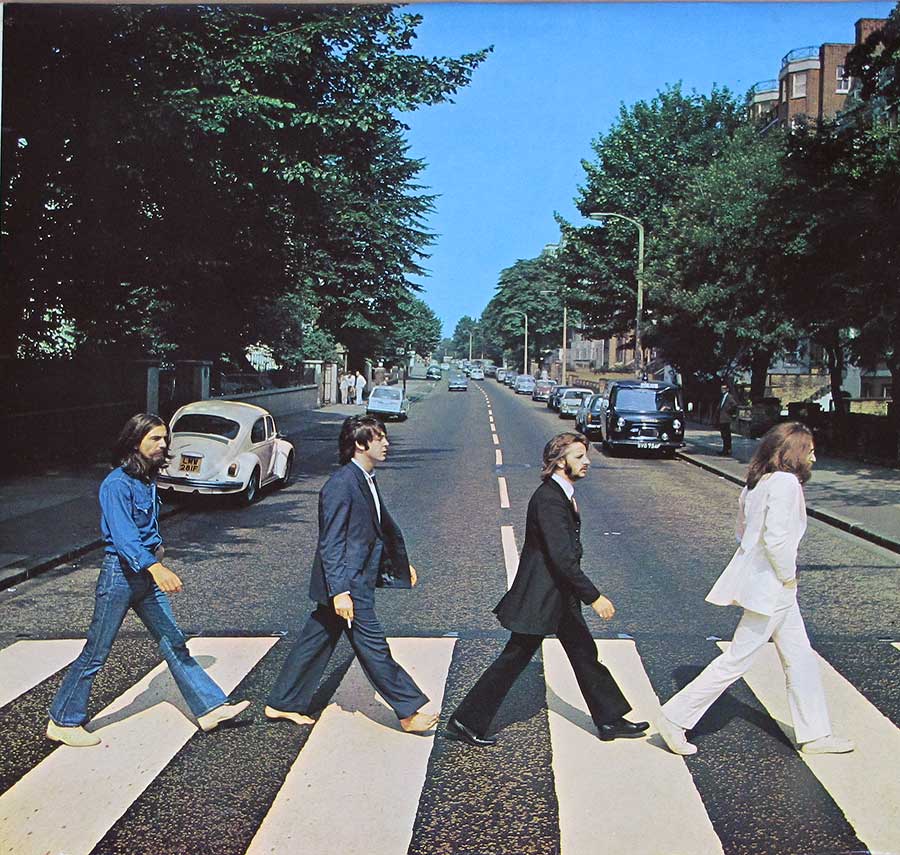In the swirling tide of late 1960s British rock, Grapefruit stood on the edge of something big — very big.
Not many bands can say they were personally backed by John Lennon and Paul McCartney, but Grapefruit could. For a moment, they weren’t just another new band. They were the next Beatles — or so the industry hoped. But instead of conquering the charts, they quietly disappeared.
So, what happened to the band once crowned with such glowing praise?

A Dream Start — With a Beatles Boost
Grapefruit was formed in 1967, named after Yoko Ono’s conceptual art book. With a psychedelic pop-rock sound that mirrored the trends of the time, the group was built around George Alexander (real name Alexander Young), the elder brother of AC/DC founders George and Malcolm Young.
Their music caught the attention of Apple Publishing, a subsidiary of the Beatles’ Apple Corps. Lennon and McCartney were so impressed, they signed the band and even helped promote them publicly — an endorsement many acts would kill for.
Their debut single, “Dear Delilah,” cracked the UK Top 40. For a band just starting out, things were looking bright.
Why They Fizzled Out
Despite the hype and support from rock royalty, Grapefruit never truly broke into mainstream consciousness.
There are a few reasons why:
- Timing & Market Saturation: The late ’60s was a golden age of rock. With acts like The Kinks, Cream, The Who, and The Rolling Stones dominating, it was hard for newcomers to find unique space.
- Identity Crisis: Grapefruit’s sound, while catchy and Beatlesque, never fully found its own voice. They hovered between baroque pop, psychedelia, and commercial rock — talented, but a little lost in direction.
- Poor Management & Missteps: Grapefruit didn’t benefit from the strategic rollout that made The Beatles iconic. Despite a good debut, their momentum fizzled after just one album, Around Grapefruit, and internal changes followed soon after.
By 1969, they had largely faded from the spotlight.
The Forgotten Legacy
What makes Grapefruit’s story sad — and oddly compelling — is how quickly they were forgotten, even with Beatle blessings behind them.
In a way, they represent the unseen flip side of the 60s music revolution: while a few bands became legends, dozens of talented groups slipped through the cracks, casualties of an era that demanded more than just talent. It demanded magic, timing, and relentless reinvention.
Still, fans of lost classics and ’60s connoisseurs occasionally revive Grapefruit’s name — a footnote in Beatles history, a band that could’ve been.
The Lennon Effect — Was It Enough?
John Lennon’s early interest gave Grapefruit a valuable spotlight. But even Lennon couldn’t manufacture superstardom. It’s a reminder that music legends aren’t made by endorsements alone — they’re forged by resonance. And Grapefruit, while flavorful, just didn’t last on the tongue.
🎧 Final Thought
Maybe Grapefruit wasn’t meant to be the next Beatles — because there can never be another Beatles. But for a brief moment, they walked among giants. And that’s still something worth remembering.


